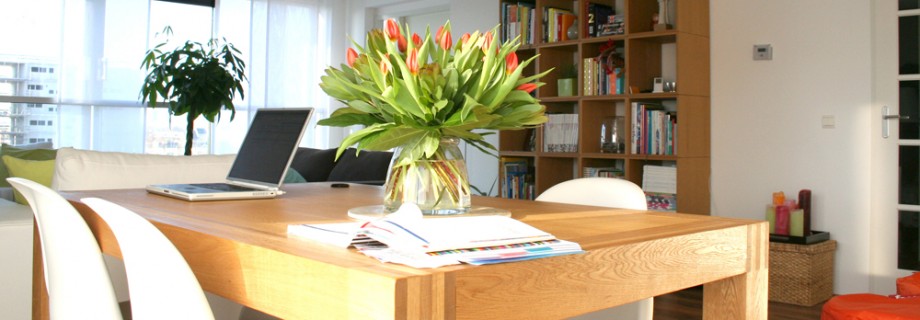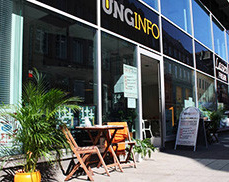
Accommodation
So you’ve decided you want to live in Oslo. First things first, Oslo is an expensive city to live in, but it all depends on location. Some areas are definately more expensive than others and the cheapest ones are mostly found on the outskirts of Oslo. There’s a couple of steps you should follow when looking for a place to live:
Looking for apartments
There are two main ways to find apartments. One is to look through ads in newspapers and on the internet. The second one is to put in an ad yourself and let people contact you.
Doing both of these steps is recommended.
Places to look
As a non-norwegian speaking person you will spend most of your time in front of the computer screen. There’s alot of places to find apartment listings, however most of these, if not all, are in norwegian. The easiest solution to this is to use google translate.
Finn.no
finn.no
Probably the most used and biggest database of apartments. Use google translate to translate the ads.
Hybel.no
hybel.no
This website focuses only on apartment listing and is definately worth checking out. The site has a built-in english translate button on the top right.
Putting up your own ad
As well as looking through the apartment ads, you could place your own ad out. This is highly recommended and the advantage is that you get to introduce yourself in your own way.
Writing a good ad can get you a lot of attention and phone calls from potential landlords. The most common place to do this is through a local newspaper or websites such as finn.no. Keep in mind that this cost money and is limited to a period you pay for.
Public viewing
This is the second step in your search. After finding potential places to live you’re invited to public viewings. Essentially this means you’re going to the apartment to learn more about it and meet the landlord (Sometimes a real estate agent). This is a great opportunity to introduce yourself and to see the apartment for yourself. When on a viewing, keep these things in mind:
- Show up in time
- Greet the landlord with a firm handshake
- Keep eye contact and introduce yourself
- Show your interest in the neighbourhood and the apartment itself. Don’t be afraid to ask questions
Sometimes the viewings are just you and the landlord and sometimes you’re in a group with many others. The most important thing for the landlord is that you have a steady income and able to pay the rent and that you are in general a reliable good person.
CV
Sometimes it’s good to stand out from the crowd. A CV is perfect for this and increases your chances of being remembered. Sometimes you don’t get alot of time to introduce yourself properly and the CV helps you with that. The CV contains information such as:
- Contact information
- Why you want to live there
- General information about yourself
- Occupation (Meaning letting the person know you will be able to pay the rent)
- Previous places you’ve lived
- References (Previous landlord)
A CV is not required but it definately makes you stand out from other candidates.
Contract
Congratulations! You’ve found a place to stay, you went to the viewing and you got the place. Now comes the formalities. Signing a lease (contract) is a safe way to protect both you and the landlord from certain situations.
Most of the people use a standard contract while others write their own. It’s important that you read the contract thoroughly and that you agree 100% with it before signing it.
If you have questions about your contract visit us at our center or send us your question.
Deposit
Before moving into an apartment it’s standard practice to pay a deposit. This deposit is a security guarantee that can replace eventual damage to the apartment or remaining rent after moving out. There are plenty of rules concerning the deposit and here are the most important ones:
- The deposit can not exceed six months of rent. (The standard is three months)
- It’s transferred to a separate banking account (normally a deposit account). Neither of the parties have access to the money.
- There must be a mutual agreement before returning the deposit.
- Never pay the deposit in cash or to the landlords private account.
For more information about living in Norway visit New in Norway
Besøk oss


Popular links
New in NorwayNew in Norway has extensive information about moving to Norway.
NAV
The Norwegian labour and welfare Service
finn.no
Jobs- and apartment listings, and a lot more. Unfortunately only in norwegian.
Google translate
Your best friend when browsing norwegian websites.
UDI.no
Norwegian Directorive of Immigration

Read Our Booklet
New in Oslo is a booklet with plenty of useful information. Pick it up in our center or download it here.




